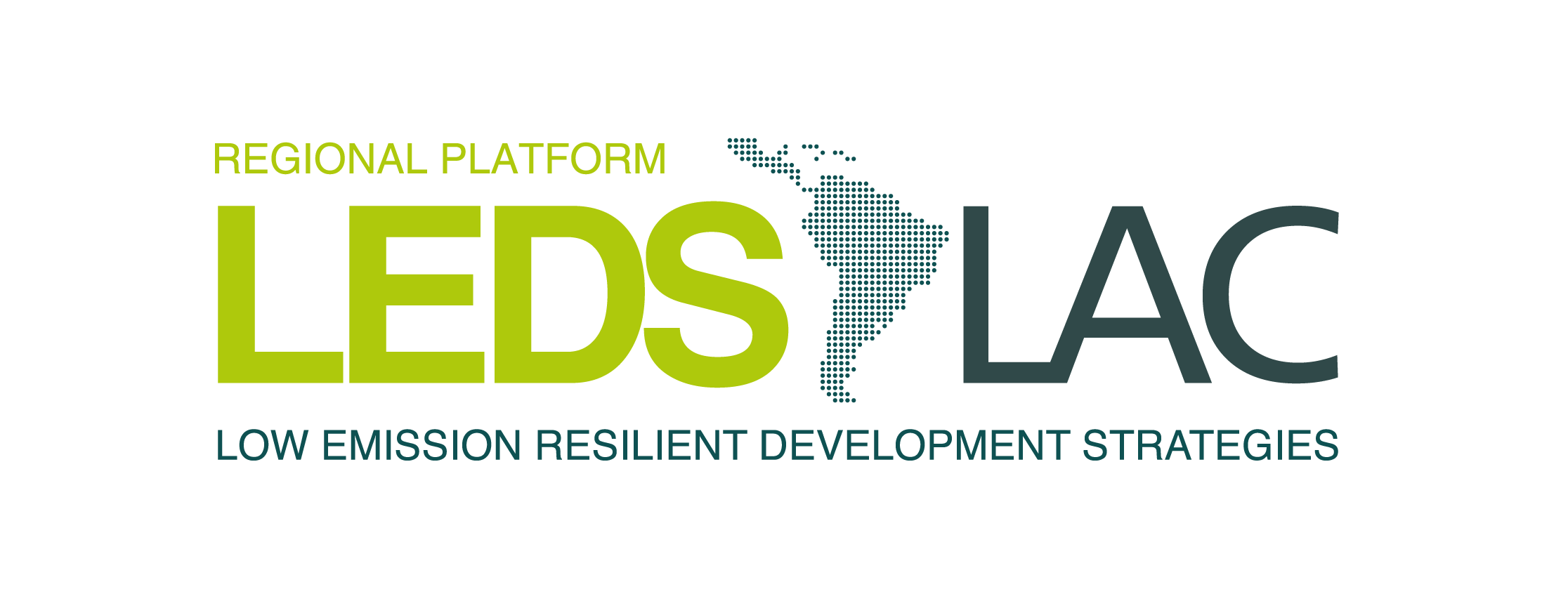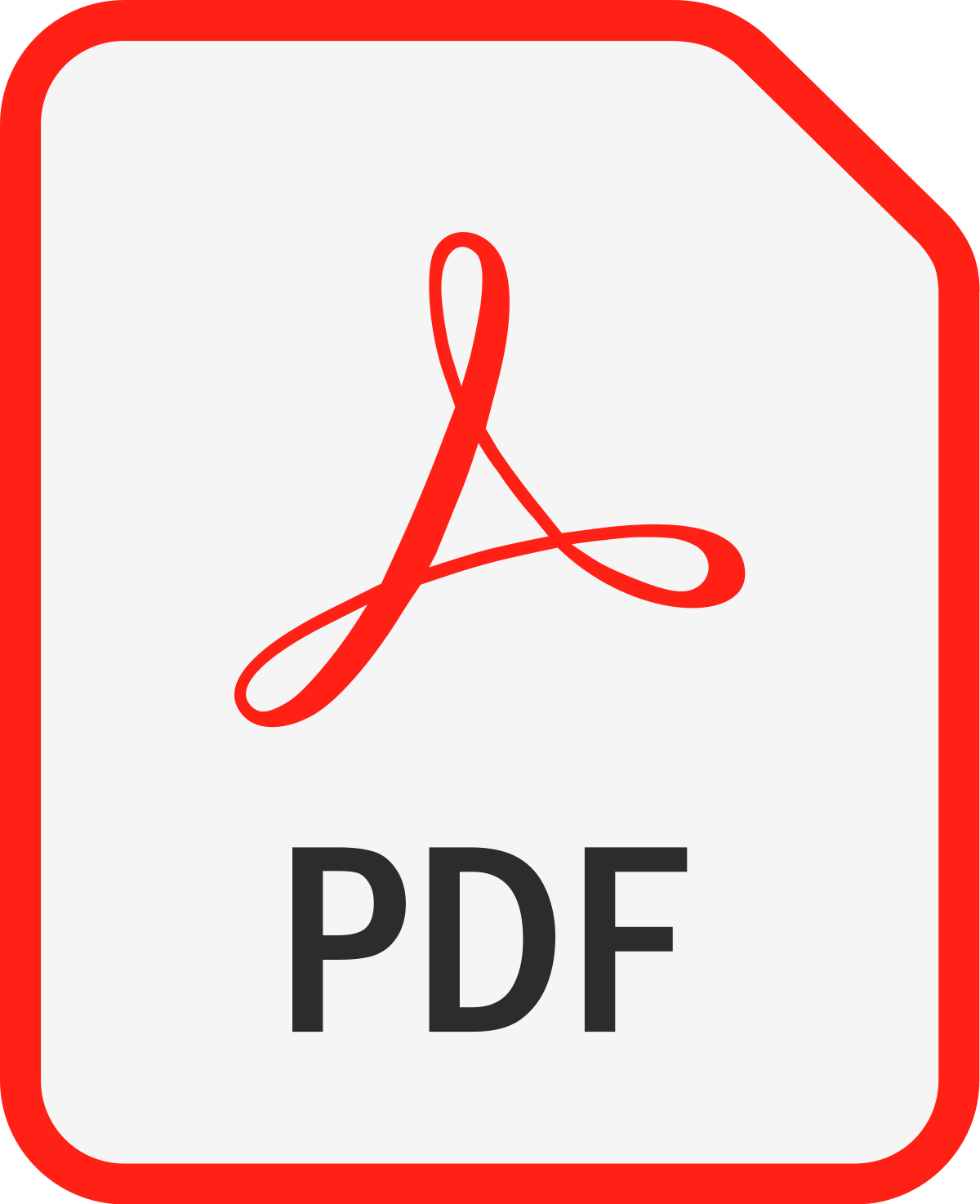Streaming
About the event
The transport sector is a key sector for mitigating and combating climate change. Globally, it contributes one quarter of global energy-related GHG emissions and one sixth of total emissions. It is the fastest growing emissions sector, and it is estimated that emissions could double by 2050 if rapid and ambitious mitigation efforts are not undertaken.
While the relevance of transportation has been recognized, there is still a long way to go to decarbonize the sector. The global pandemic caused by the COVID-19 has
further increasing the challenges to carry forward the region's decarbonization agenda. In this sense, bioenergy constitutes an alternative to the fossil fuels widely used by the sector, which allows us to think of transition scenarios towards clean energies with a great potential for the efficient use of resources.
This discussion workshop will present the experiences of Guatemala and the city of Rosario, Argentina, in the implementation of biofuels in transportation, and will also discuss
will discuss the challenges and opportunities for expanding the use of biofuels in Latin America and the Caribbean under a systemic view of efficient resource management.
Agenda
Opening.
Carolina Chantrill, Transportation Working Group Coordinator
Introductory presentation.
Agustina Besada, Executive Director of Asociación Sustentar and Coordinator of the Resource Efficiency Working Group.
Panelists
Claudia Samayoa, Ministry of Environment of Guatemala Alejandro Gentile, Executive Manager of the Urban Passenger Transport Company MOVI, Municipality of Rosario.
Panel moderator
Ana María Majano, Bioenergy Community of Practice.
Conclusions and closing
Carolina Chantrill, Transportation Working Group Coordinator.
Thematic axis in charge of.




